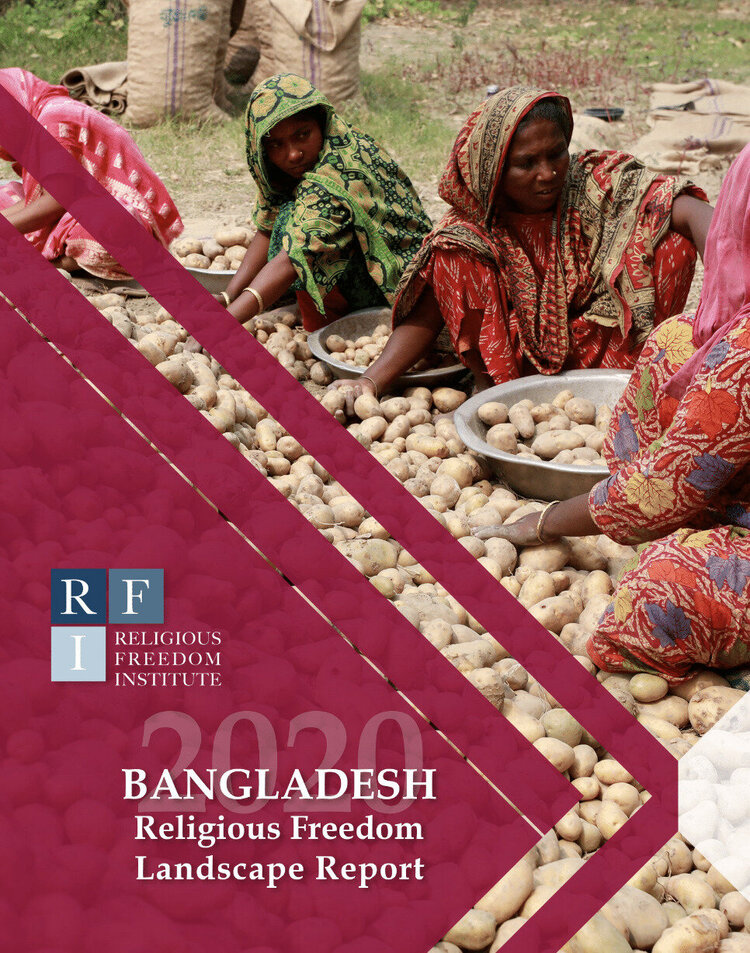
Title: Bangladesh Religious Freedom Landscape Report
Author: Timothy S. Shah
About: The Bangladesh Religious Freedom Landscape Report provides a thorough analysis of the legal, political, and social conditions that shape religious freedom in this country and the prospects for advancing it in the future.
Bangladesh has high restrictions on religious freedom at the governmental level, and extremely high levels of religious freedom violations on the societal level. While the country’s constitution contains robust provisions for religious freedom and the state provides religious freedom in education and family law, Islam is enshrined in the Constitution in ways that are used to discriminate against non-Muslim minorities. Moreover, Islamist militants carry out extensive violence, most significantly against Hindus, but also against “deviant” Muslims, Buddhists, Christians, activist NGOs, and secular activists.
The governance of religion and religious freedom has been fiercely disputed since the country’s formation in December 1971. Nevertheless, an ideology of positive secularism, calling for a reasonable level of religious freedom, is espoused among the greater population and by many politicians in Bangladesh. The governance of the pro-Islam party, and the accompanying Islamist militant violence of the 2000s, has given way to governance that is more respectful of religious minorities.
Publication Date: September 2020
Recommended Citation: Shah, Timothy S. Bangladesh Religious Freedom Landscape Report. Religious Freedom Institute, 2020.
THE RFI BLOG

Does Southeast Asia Lead the World in Human Flourishing?

RFI Leads Training Session on Religious Freedom Law and Policy for U.S. Army War College

Oral Argument in Charter School Case Highlights Unconstitutional Motives Behind OK Attorney General’s Establishment Clause Claim

Largest Longitudinal Study of Human Flourishing Ever Shows Religion’s Importance

Keys To Human Flourishing: Faith And Relationships Outweigh Wealth
CORNERSTONE FORUM

Reaffirming Religious Freedom: Bridging U.S. Advocacy and Iraq’s Constitutional Framework

Political Polarization, Same-Sex Marriage and Religious Liberty

Bridging the Gap Between International Efforts and Local Realities: Advancing Religious Freedom in the MENA Region

Challenges to Religious Freedom in Iraq and the Critical Need for Action

